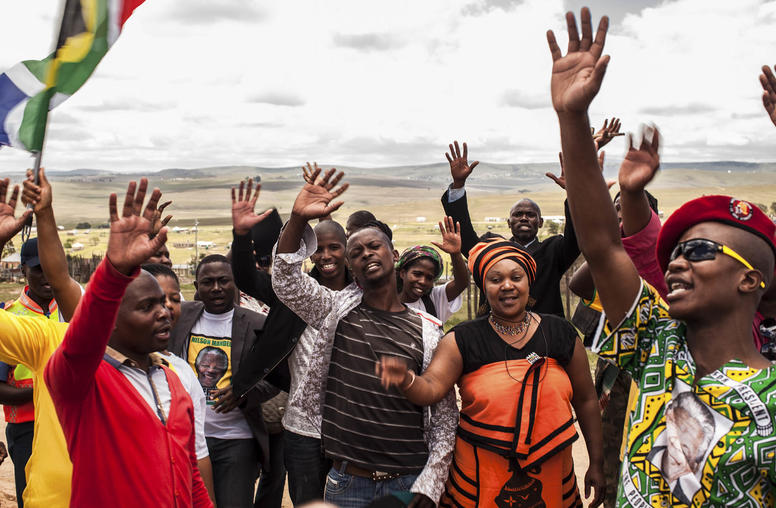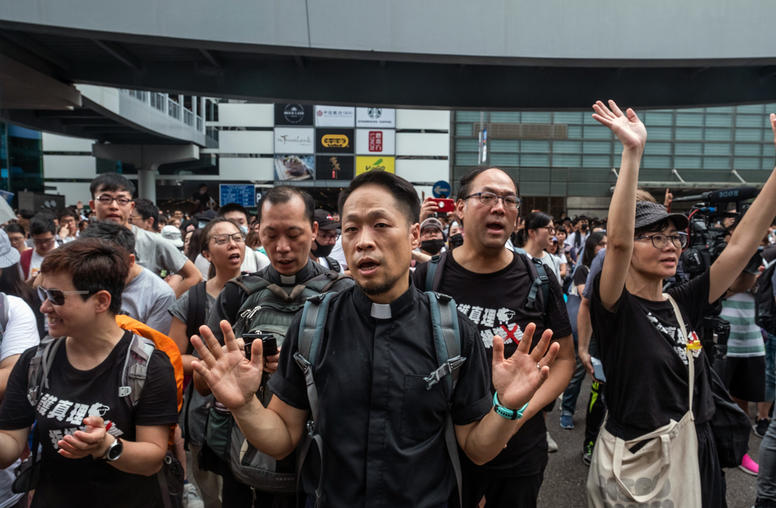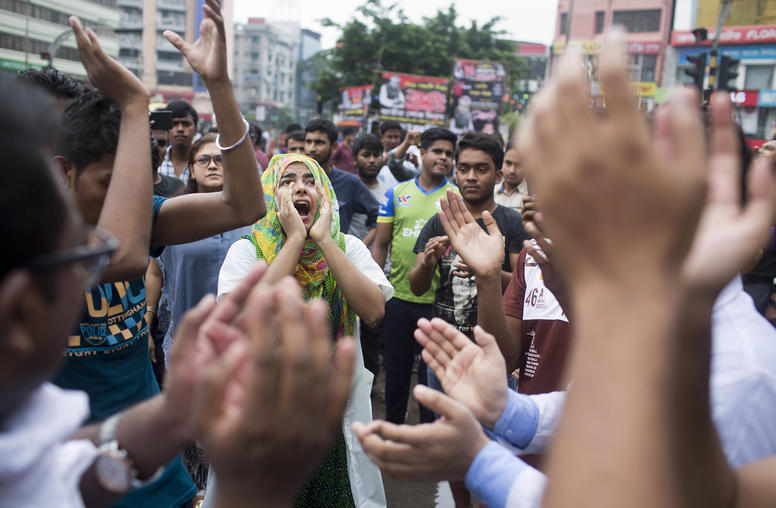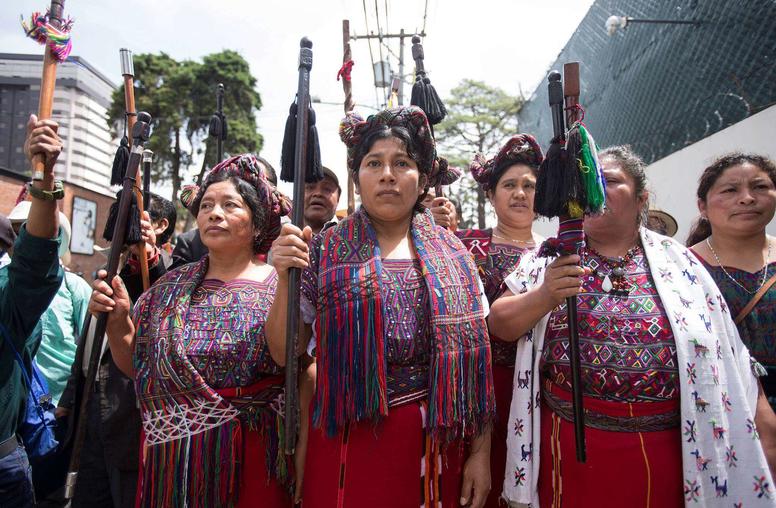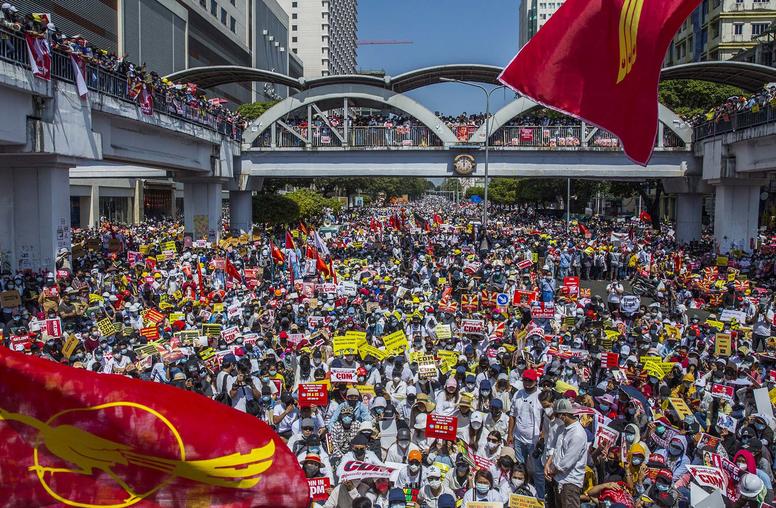Miranda Rivers
Contact
Please submit all media inquiries to interviews@usip.org or call 202.429.3869.
For all other inquiries, please call 202.457.1700
Miranda Rivers is a program officer for the nonviolent action program at USIP.
She has conducted applied research on social movements, examining their contributions to processes of democratization, the inclusion of youth and women, dynamics of religion, and the effects of external support. Rivers also supports training and education initiatives for activists and movements in East Africa that are working to advance justice and build sustainable peace.
Rivers holds a master's degree in international relations with a focus on conflict resolution and negotiation from American University. She earned her bachelor’s degree in journalism from Arizona State University. She is currently pursuing her doctorate in African studies at Howard University.
